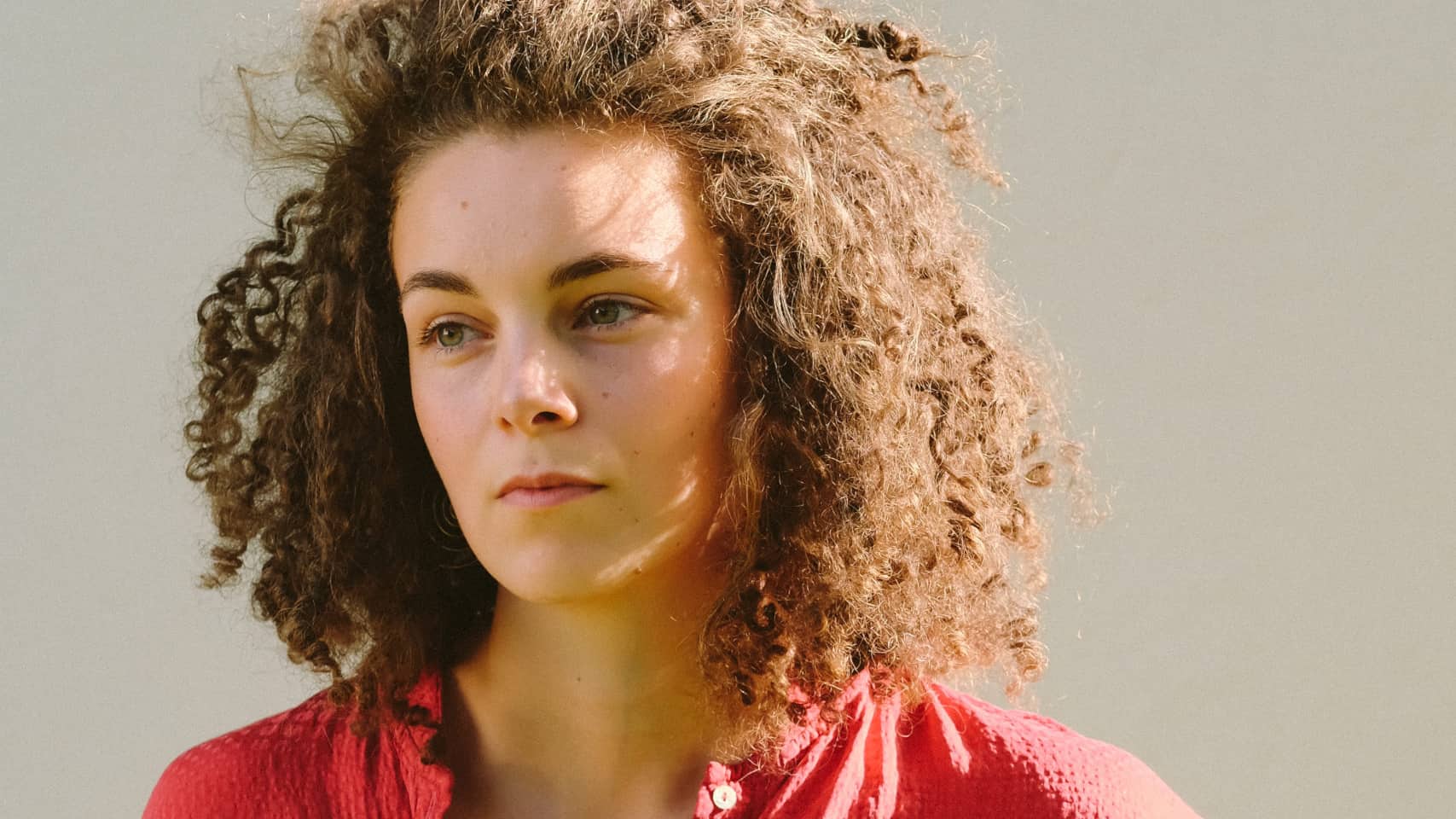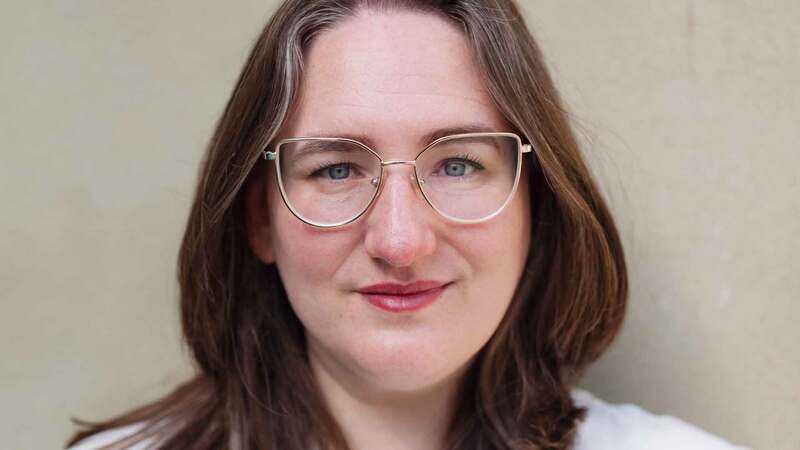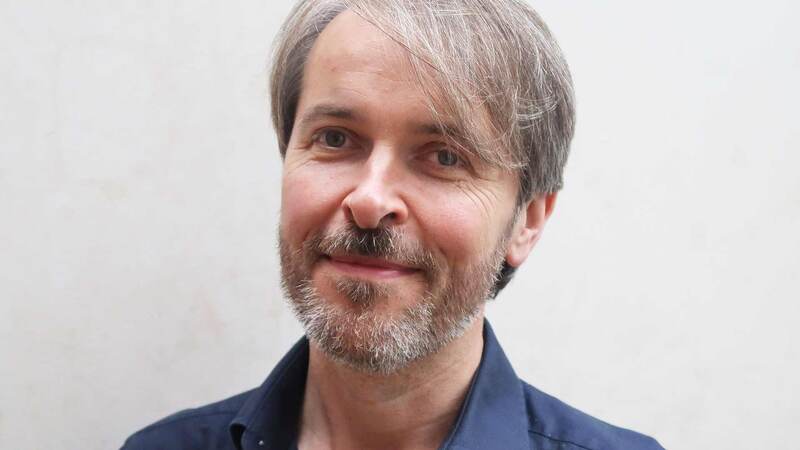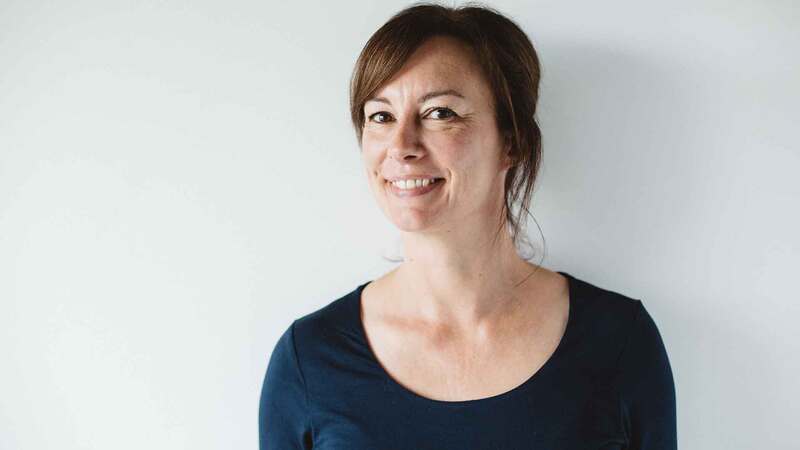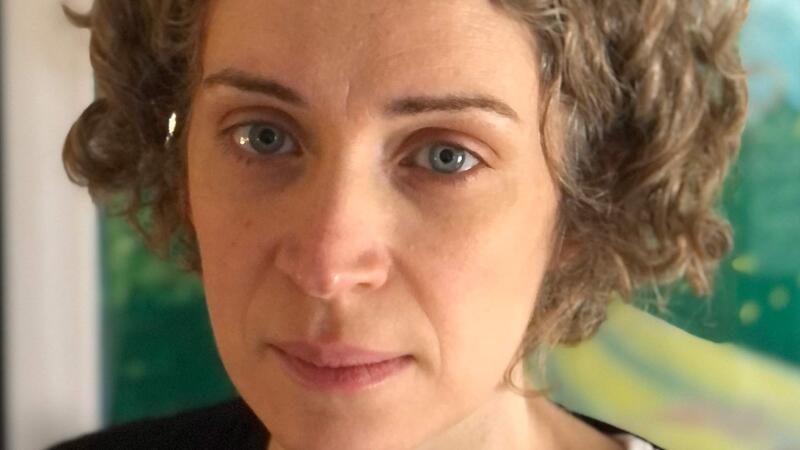You are viewing your 1 free article this month. Login to read more articles.
Daisy Lafarge | 'I haven’t lived the events of the novel but I have infused them with my own experiences'
Poet Daisy Lafarge’s exceptional début novel is a deeply unsettling story of male power and female passivity set against the backdrop of rural France
"I wanted to try and be inside the experience of trusting someone and getting it wrong,” says poet Daisy Lafarge of her brilliant and deeply unsettling début novel, Paul, which explores the relationship between an older, dominant man and a young woman named Frances. Frances is a young graduate student of medieval history who has been working in Paris as a research assistant, but something has gone badly wrong and her relationship with her supervisor has broken down. So, unmoored from her studies and with nothing for her back in England, Frances plans to fill her now empty summer by volunteering on eco-farms in rural France. She has barely any money, and this will solve the problem of where to live and how to eat.
Her first posting is to an organic farm near the Pyrenees, run by a man named Paul, who picks her up from the motorway service station. He is 44 to Frances’ 21, and tells her that he is an anthropologist, a traveller and a photographer, rather than a farmer, and that the farm is named Noa Noa after his adventures in Tahiti. He introduces her to his friends, who all seem to be drifters in one way or another.
I think one of things that writing the novel made me realise is that passivity can seem like the safe option, as you are not making any trouble. And you’re believing the best in people
Frances is “in some ways strong but also in some ways very vulnerable”, says Lafarge when we speak over the phone. “She doesn’t have a particularly robust sense of who she is.” Fatherless, with a distant mother back in England, Frances is, we come to realise, dangerously adrift. She has been brought up, socially conditioned, to get along with people, to be “nice”, and so when Paul starts to exert control, at first in infinitesimally small ways, Frances is happy to go along with things. There is also, Lafarge points out, the guest/host dynamic. “She’s in someone’s home, on their terms, she’s being welcomed there on the understanding that she’ll do some work. You can’t really piss off your host because you haven’t got a choice of where else you are going to stay.”
Readers knowledgeable about art will already have picked up on the name “Paul” and the references to Noa Noa and Tahiti, and made the connection to the painter Paul Gauguin. Lafarge was in her last year as an under- graduate at university in Edinburgh, studying art and art history, when she came across Gauguin’s travel journal Noa Noa. The journal tells of the controversial artist’s life in Tahiti, where he lived with adolescent girls, often fathering children with them, and produced some of his best-known paintings.
I am keen to know more about the link between the fictional Paul and the painter. “I was really interested in using Noa Noa, the travel journal, as a kind of historical text and I based all of my Paul’s life on Gauguin’s.” It is not a novel about Gauguin, though, as Lafarge explains: “I use him as almost an archetype or a metaphor or a symbol for a particular set of behaviours and a way of being in the world. Obviously, my Paul is a very exaggerated form of that. I’m not trying to say this is an accurate representation of how Gauguin was, although I did use a lot of autobiographical material from that diary.”
Creeping control
The novel is powerfully good on how Frances slowly falls under Paul’s spell, the way she ignores the warning signs. She is not physically attracted to him at all, but his personality is forceful and, at first, allowing Paul to be in charge and make decisions for her is seductive in its ease. Early on in the novel Frances fantasises about going with him on one of the expeditions he is always talking about: “I feel safe walking in his shadow. I never have to worry about the horizon; I just follow his footsteps, watch him banishing chaos as he goes.”
It is an unequal dynamic that Lafarge has direct experience of, as perhaps many—most?—women do. “I haven’t lived the actual events of the novel but I have infused them with my own experiences,” she says, wryly. She was interested in exploring “how a seemingly sane, seemingly intelligent person can be duped and the incremental stages of how that happens. I think one of things that writing the novel made me realise is that passivity can seem like the safe option, as you are not making any trouble. And you’re believing the best in people. I think that’s what Frances is doing, she wants to give people the benefit of the doubt but actually, you know, there are always consequences.”
The book also explores another fantasy, that of living a bucolic, organic life away from the rat race, a dream held by many, especially during the pandemic. But it is only a fantasy, and the novel begins and ends in a motorway service station, “the least romantic place on earth”, observes Lafarge. “It’s really hard to idealise those spaces, but that’s when [Frances] is in reality, and we can never really escape that world, no matter how off-grid we try to go.”
At one point it seems that Frances has managed to escape Paul’s clutches, but her plans go awry and the novel culminates in Paul taking Frances on a road trip across the South of France. Far from the glamorous resorts, this is an area in terminal industrial decline. Paul drives her from place to place, meeting up with more of his strange friends, but just as one of them seems about to reveal something, he moves them on again. “The dynamic of the road trip for me was connected to wanting to use the present tense because it puts Frances, and the reader as well, always on the back foot.”
The route to publication
Lafarge started writing Paul in the summer of 2016, while also working on the poems that would form her first collection, Life Without Air, which was shortlisted for the T S Eliot Prize, and studying for a PhD at university in Glasgow. When she finished the first draft a year later, she put the manuscript away—“I thought it was terrible”. In 2018 she decided to send it to a couple of agents, who “very politely said it wasn’t quite right for them.” She put the novel back in the drawer. “I thought maybe it would just be what happens to a lot of writers; you write a novel, nothing happens with it, then you write another one.”
A friend suggested she sent it to the Society of Authors, which funds the Betty Trask Awards, given to a first novel by an author under 35 as “in the small print it says you can submit an unpublished manuscript.” To her great surprise, Paul made the shortlist and won an award in 2019 (other winners that year included Imogen Hermes Gowar for The Mermaid and Mrs Hancock and Sophie Mackintosh for The Water Cure). Karolina Sutton was one of many literary agents who got in touch afterwards, but she was the only one who had read Lafarge’s other essays and poems, and expressed an interest in her wider writing.
Lafarge is now on the verge of completing her PhD: “I’m broadly interested in ecology and the relationship between humans and non-humans and other forms of life.” But she doesn’t really see a distinction between her art or poetry or fiction: “Sometimes I can have a central preoccupation and I like exploring it in different ways. The book of poems is about the difficulty of relationships, whether that is between family members, or in a romantic context, or in aspects of ecology. Just this sense of resisting an idealised view of intimacy, in the sense that there are always antagonisms running through things. I think possibly the novel is about that as well.”
Book extract
‘I have been so happy since you arrived,’ he says. ‘It’s been a dream.’
I laugh again, unsure if I should thank him, or reciprocate. The breath catches in my throat and I feel a little dizzy; I push back against the counter to steady myself.
‘I think you have been happy here, too,’ he says. ‘Haven’t you?’
I concentrate and manage to form a single word: ‘Yes.’
‘Meeting you has made me realise that I have lived too long like a monk, here in Lazeaux. Maybe,’ he says, ‘maybe I have been waiting too long for my goddess.’
‘Maybe,’ I echo. ‘Maybe it’s you?’
‘Maybe.’ I am stuck on repeat.
Paul takes a step closer. ‘Coquine,’ he says, smiling, baring his teeth. ‘Coquine, you have been teasing me the whole time.’
He is close now, and reaches out to take the dish. I can see the dense thickets on his forearms. My hands drop to my sides. Numbness comes, with a strange relief in giving in to it. I calmly reconcile myself to the possibility that I might never move again.
‘Maybe you think I am too old?’ he says.
Maybe. Coquine; the refrain plays in my ears.
‘But then, you’re different, Frances. You are older than people your age. Just like I was, then. You and I are the same. We are old souls.’




